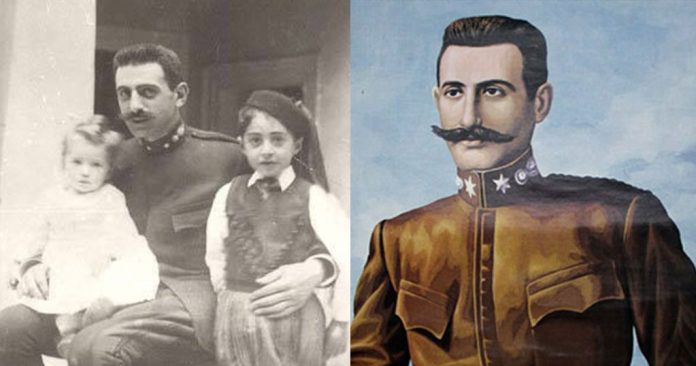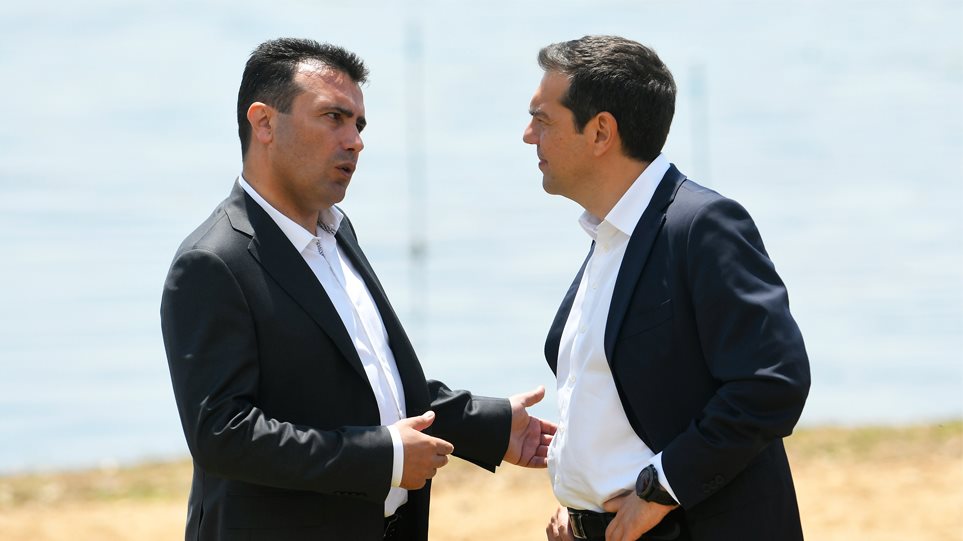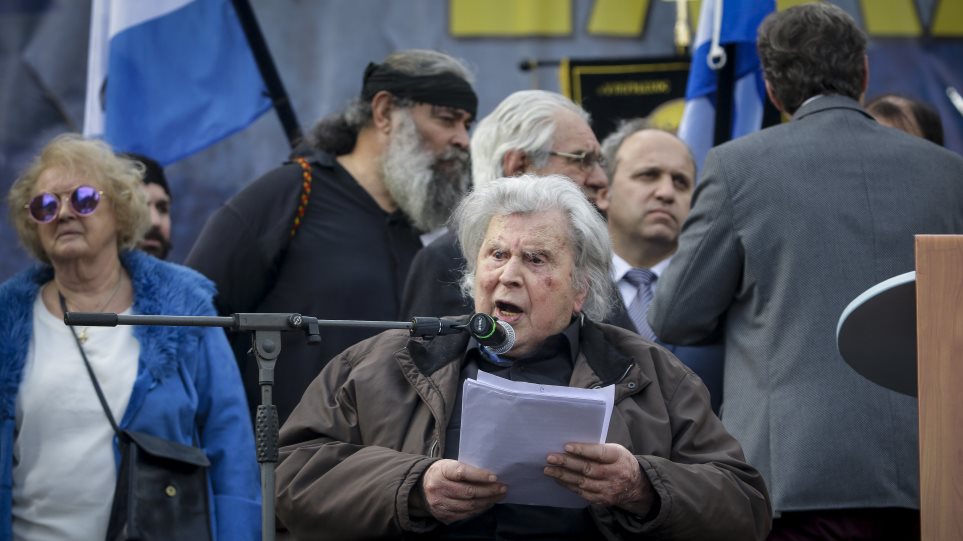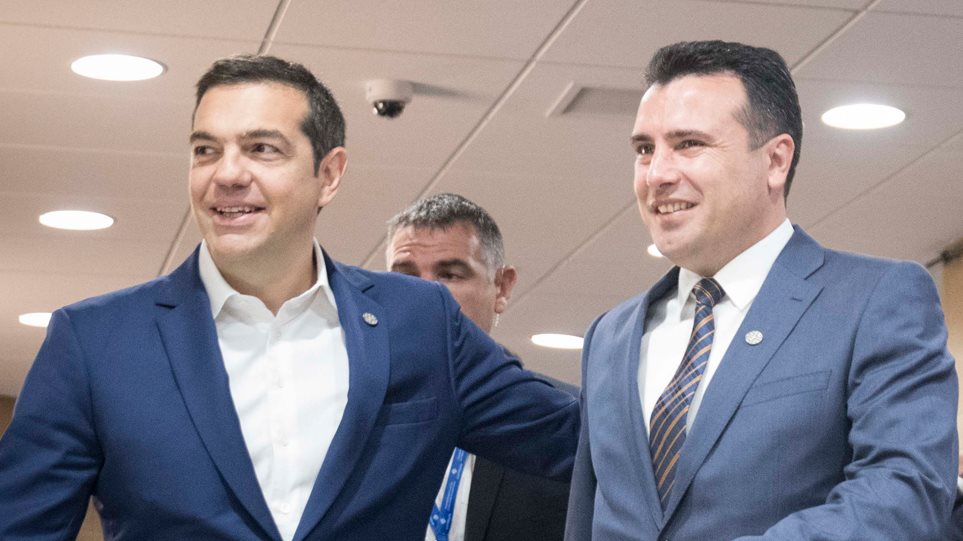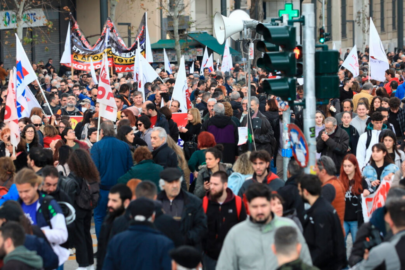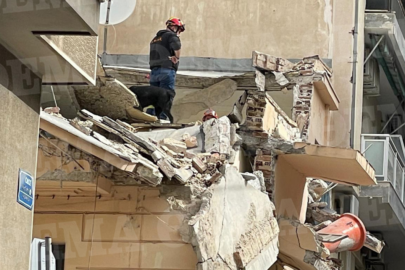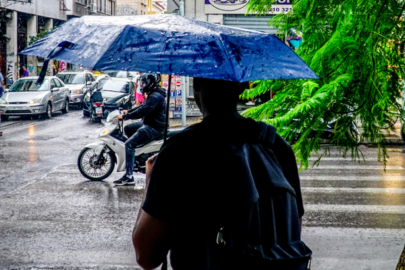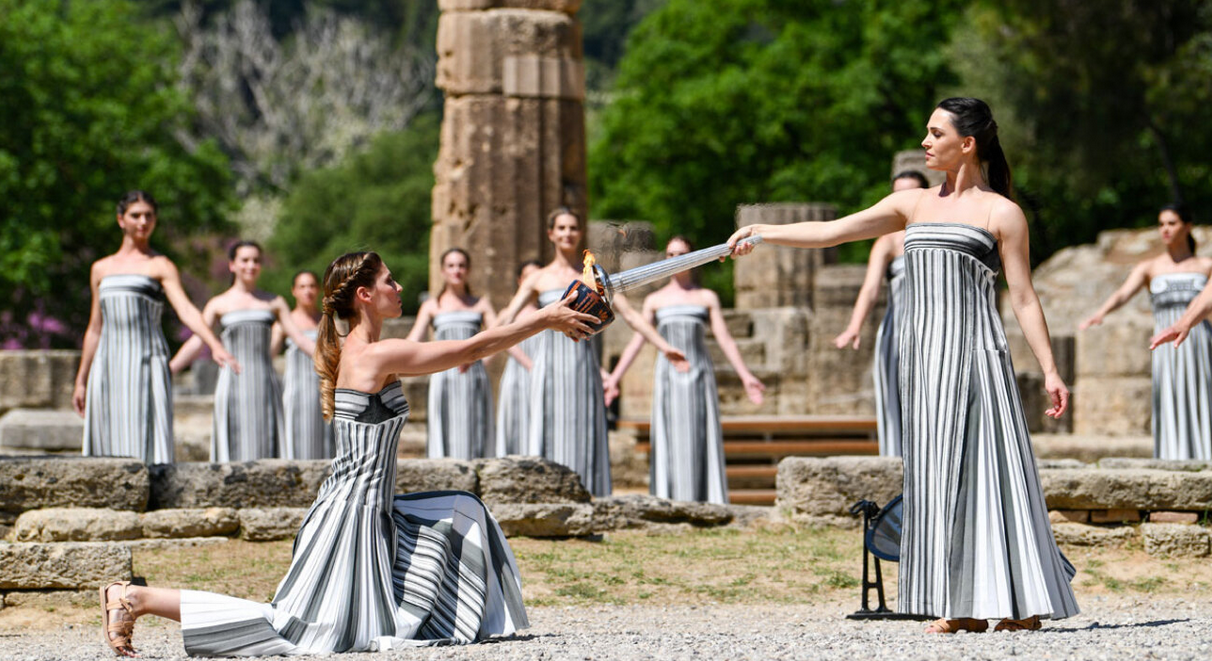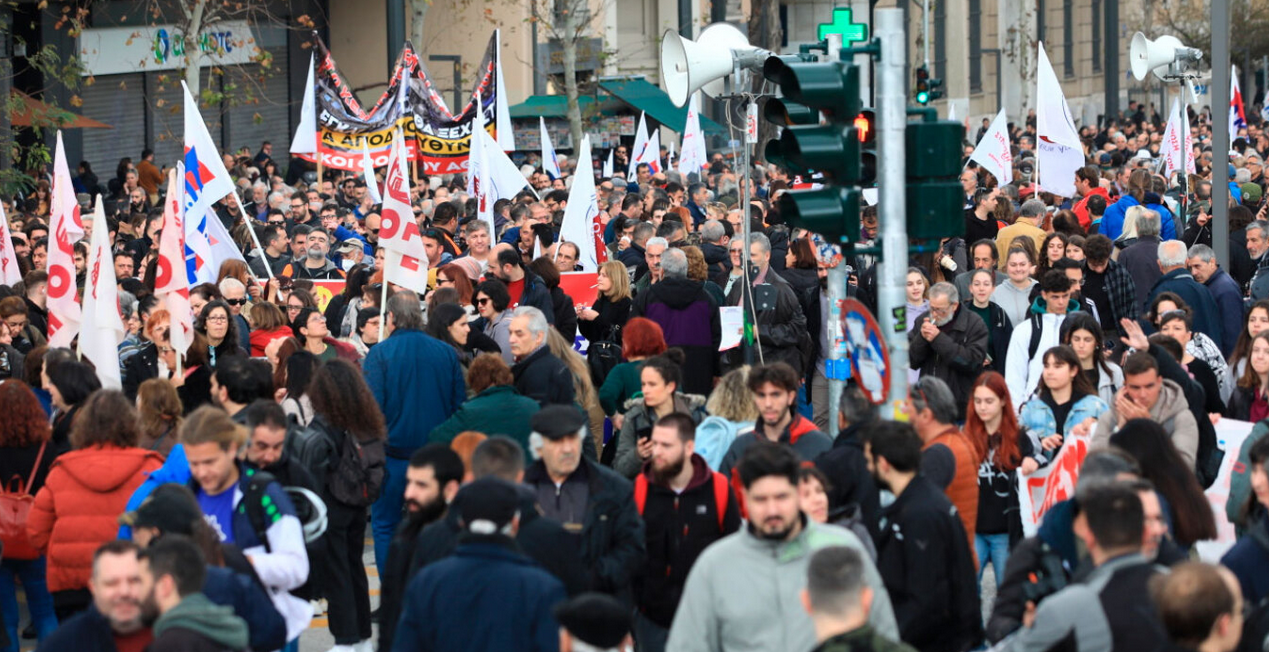October 13 is the day that marks the death of one of the most important defenders of Macedonia’s struggle for Freedom; the death of the Hellenic Army’s officer Pavlos Melas.
Melas, born in 1870 in France’s Marseille, was the son of Michael Melas, an elected MP for Attica and mayor of Athens.
At an early age, Melas decided to go to Athens in order to study, and later he joined the Hellenic Army, graduating from the Hellenic Army Academy as an artillery lieutenant at the age of 21.
In 1892, he married Natalia Dragoumi, the daughter of a famous politician from Macedonia’s city of Kastoria, Stephanos Dragoumis and sister of Ion Dragoumis, the consul of Greece in the then Ottoman occupied Macedonian city of Monastir (today’s Bitola in FYROM).
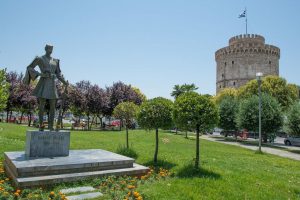
Melas’ relationship with Dragoumis played a crucial role in his decision to start the effort of raising money for the financial support of Greece’s overt and secret efforts in the region of Macedonia.
The Greeks of Macedonia were craving for freedom as they had been excluded from the Greek state for decades.
Melas, driven by his patriotic feelings decided to abandon his wealth and easy life as a member of Greece’s elite to join the forces of Macedonia‘s struggle for freedom and union with Greece.
By using the pseudonym of Mikis Zezas, Melas played a crucial role both before and after his death for Greece’s cause to liberate Macedonia’s lands from the Ottomans as well as save them from the Bulgarian and Serbian desire to expand their territories.
Following the Ilinden uprising in 1903, that was an organized revolt against the Ottoman Empire carried out by Bulgarians, he decided to enter Macedonia to assess the situation and to see if there was any chance of establishing a unit to fight the Bulgarians in a militarily proper way.
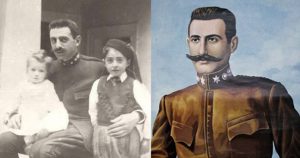
Unfortunately, in 1904 and after his reentered in Macedonia with a unit of men, Melas was killed.
Betrayed by people he trusted, and after the mistaken decision to stay in the then Bulgarian town of Siatista near the city of Kozani, more than 150 Ottoman men surrounded the house Melas was in.
What is sure is that his death sparked a wide wave of support throughout Greece for the Greeks in Macedonia who were fighting a dual fight, both against the Ottoman oppressors and the Bulgarian nationalists.
A national symbol of the Greek struggle for Macedonia, Melas is still a source of inspiration for many.
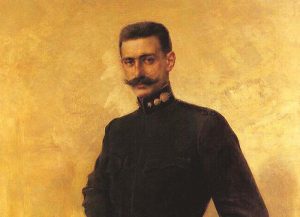
Source: Nick Kampouris/greekreporter

